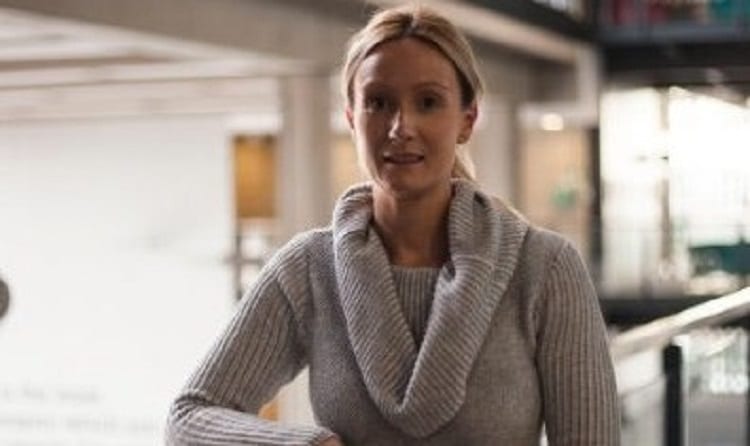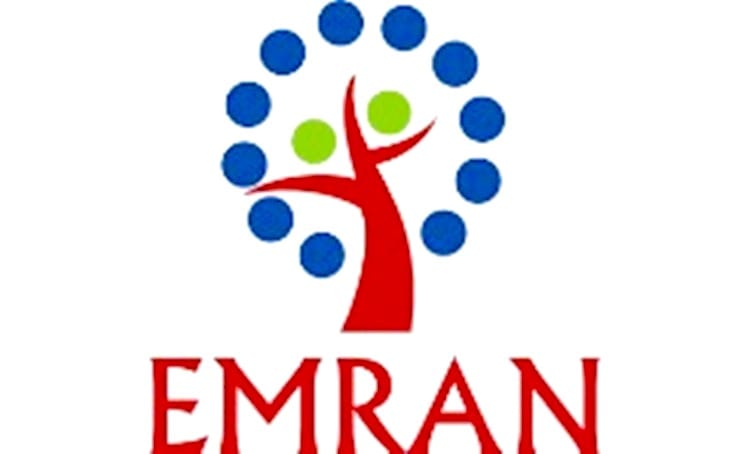New study on health-related causes of gambling in older adults

Dr Julie Pattinson from the Community and Health Research Unit (CaHRU) at University of Lincoln, recently published an article in the Journal of Behavioral Addictions. The article, entitled ‘Age-related physical and psychological vulnerability as pathways to problem gambling in older Continue reading New study on health-related causes of gambling in older adults


